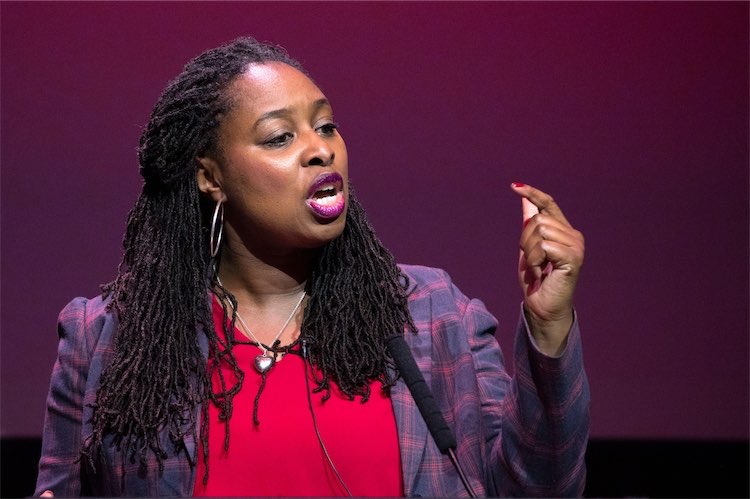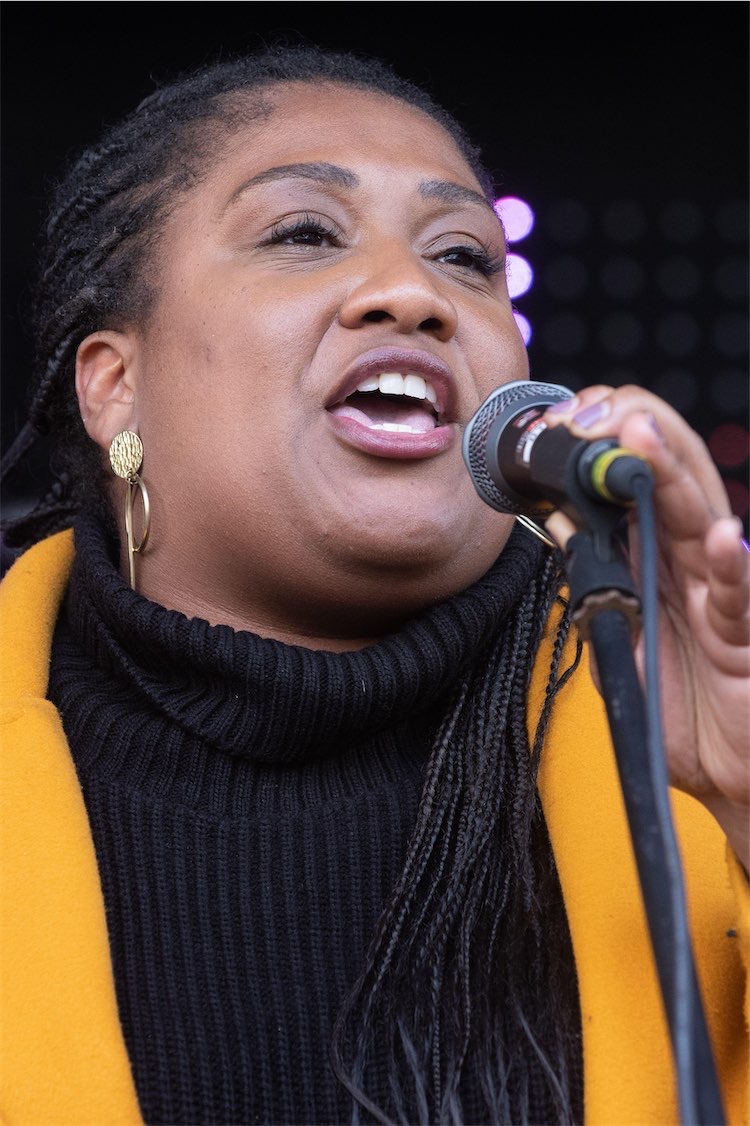Labour MPs Claim Met Chief Accepted Institutional Racism In Met Before Government "Pressure"
Metropolitan police commissioner Sir Mark Rowley. (Alamy)
5 min read
Exclusive: Two Labour MPs claim that Metropolitan police commissioner Sir Mark Rowley has backtracked on his previous acceptance the force has a problem with institutional racism because of government "pressure".
Both Dawn Butler, the senior Labour MP for Brent Central, and Bell Ribeiro-Addy, Labour MP for Streatham, told PoliticsHome he had agreed there was an issue with institutional racism in the force in previous meetings. Rowley has said in a statement that he does not use the term.
A much-anticipated report by Baroness Louise Casey earlier this week said that it had been found within the force.
The report looked into the standards of behaviour and internal culture of the Met police – and was commissioned following the kidnap, rape, and murder of Sarah Everard in 2021 by a then-serving officer, Wayne Couzens.
“I make a finding of institutional racism, sexism and homophobia in the Met,” Baroness Casey said in her report, released on Tuesday.
“Sir William Macpherson made the first of those findings in his inquiry into the racist murder of Stephen Lawrence as long ago as 1999.
“Many people have been raising grave concerns about the Met for much longer than that.”
Among incidents of racism raised in the report was an example of a Sikh officer having his beard trimmed as a joke, a Muslim police officer having bacon placed into his shoes, and a police officer calling a white woman a “n*gger lover”.
Rowley, despite acknowledging the scale of the issue of racism in the force, has repeatedly refused to use the phrase “institutional racism” following the report's publication.
“I have to use practical, unambiguous, apolitical language,” the commissioner said, responding to the report.
“I don’t think the term fits those criteria, it means different things to different people. It’s become quite politicised as an idea.”
Rowley’s remarks were backed by home secretary Suella Braverman who, also on Tuesday, said she agreed with Rowley and that the phrase was “not a helpful term to use”.
“It's an ambiguous, contested and politically charged term that is much misused and risks making it harder for officers to win back the trust of communities,” Braverman told MPs in the House of Commons.
However, Butler told PoliticsHome Rowley in “many meetings” had “never rejected the term institutional racism” to her in the past.
 “As chair of all the Labour MPs in London I have chaired many meetings with the new commissioner Mark Rowley,” she said.
“As chair of all the Labour MPs in London I have chaired many meetings with the new commissioner Mark Rowley,” she said.
“Mark has never rejected the term institutional racism or shied away from the volume of work that needs to be done to make the police a safe space and policing safe for the communities it seeks to serve.
“I can only conclude that pressure has been put in him by the government or others not to accept the terminology of institutional racism.
“It discredits the good work and approach Mark had done this far and I urge him to change his stance so that we can get on with the job of reforming the Met.”
Bell Ribeiro-Addy, Labour MP for Streatham, also said she believed pressure had been put on the new Met chief commissioner – adding that in a meeting with Rowley on 15 September 2022 he had agreed there was an institutional racism issue.
“In meeting with Labour MPs, the first meeting we had with Mark Rowley, I was quite pleased – because he was happy to call it institutional [racism] then… so something has clearly changed [since]” said Ribeiro-Addy.
“And the fact that he and Suella Braverman have exactly the same line on it seems that the thing that has changed has perhaps been conversations amongst themselves.”.
She added: "It's been political pressure, as far as I'm concerned - because why would it change from one to the other?"
 The term was most recently at the centre of a storm in 2021, after the government's Commission on Race and Ethnic Disparities (CRED), led by Tony (now Lord) Sewell, found "no evidence" of institutional racism.
The term was most recently at the centre of a storm in 2021, after the government's Commission on Race and Ethnic Disparities (CRED), led by Tony (now Lord) Sewell, found "no evidence" of institutional racism.
That report provided a less broad definition than the one drawn up by Lord Macpherson in his 1999 inquiry following the murder of Black teenager Stephen Lawrence, which said: "It can be seen or detected in processes, attitudes and behaviour which amount to discrimination through unwitting prejudice, ignorance, thoughtlessness and racist stereotyping which disadvantage minority ethnic people”. It was backed by the government in the face of criticism from voluntary sector groups and a UN working group among others.
Responding to Casey's report, Sir Mark Rowley said: “I want the Met to be anti-racist, anti-misogynist and anti-homophobic. In fact, I want us to be anti-discrimination of all kinds.
“I accept Baroness Casey’s findings about the racism, misogyny and homophobia in the organisation and also that we have systemic failings, management failings and cultural failings.
“I understand her use of the term institutional but it’s not a term I use myself. I’m a practical police officer and I have to use language that’s unambiguous and apolitical.
"That term means lots of different things to different people and has become politicised in recent debate over the last decade or so.”
The Met Police were contacted for comment.
